1. Meal Prepping and Leftovers as a System
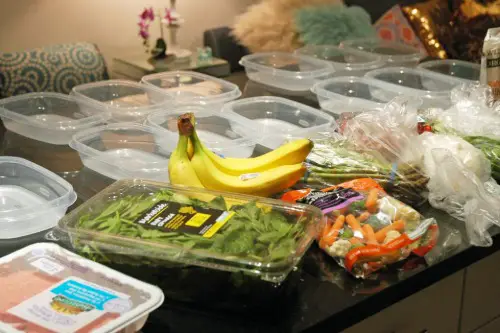
Leftovers used to be a byproduct of big meals. But in the U.S., they’ve become a strategy—meal prepping, batch cooking, and freezing portions are now part of the weekly routine. It’s a time-saving, money-saving hack that turned into a lifestyle. And it’s deeply tied to the American obsession with productivity.
What started as a way to stretch a roast chicken has become a full-blown industry. Containers, apps, and TikTok tutorials included. It’s not just food—it’s a system.
2. Free Refills at Restaurants
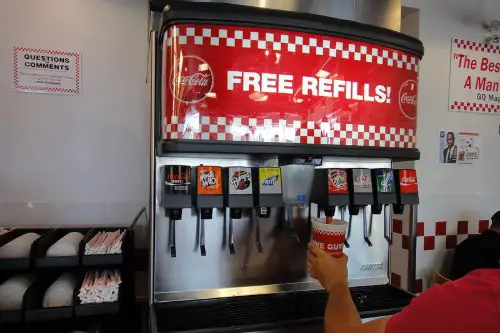
Offering free refills was originally a marketing gimmick to attract customers and keep them seated longer. It cost restaurants very little and made diners feel like they were getting a deal. Over time, it became an expectation—especially for soda, coffee, and iced tea. Now, if a place doesn’t offer free refills, it feels like a rip-off.
It’s a uniquely American quirk that baffles many visitors. In most countries, you pay for every drink, every time. But here, your Diet Coke is bottomless. And somehow, that became the standard.
3. Drive-Thru Everything

Drive-thrus started as a fast-food innovation in the 1940s, designed for speed and convenience. But Americans took the concept and ran with it—now you can drive through pharmacies, banks, coffee shops, even wedding chapels. It was a time-saving hack that turned into a lifestyle.
Today, the drive-thru is a symbol of American efficiency (and car culture). It’s convenient, yes—but also deeply ingrained. And it’s not going anywhere, even in the age of delivery apps.
4. Putting Ice in Every Drink

Adding ice to drinks was once a luxury—ice had to be harvested and stored, so it was a sign of wealth. But with the invention of the home freezer and commercial ice machines, it became widely accessible. Americans embraced it as a way to make drinks colder, faster. Now, it’s the default.
In many countries, ice is rare or even frowned upon. But in the U.S., a drink without ice feels incomplete. It started as a flex. Now it’s just how we hydrate.
5. Using Credit Cards for Everything
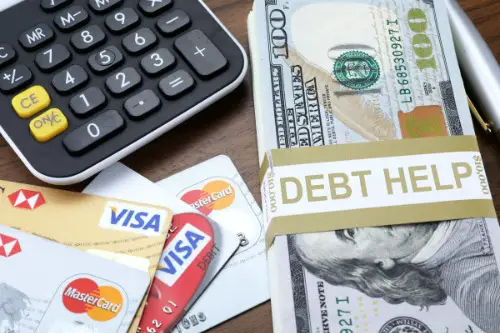
Credit cards were originally a convenience for emergencies or big-ticket items. But over time, Americans started using them for everything—from gas to groceries to coffee. Points, cashback, and rewards turned spending into a game. And now, cash feels almost obsolete.
It was a financial hack that became a cultural norm. Swipe, tap, repeat. And if you’re not earning points, are you even trying?
6. Air Conditioning as a Lifestyle
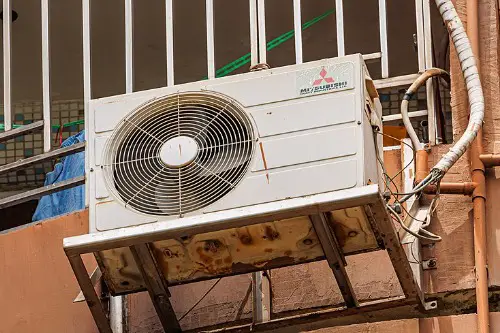
Air conditioning was once a luxury reserved for movie theaters and department stores. But as units became cheaper and more efficient, Americans began installing them in homes, schools, and cars. It was a comfort hack that turned into a climate expectation. Now, entire regions are built around the assumption that A/C is always available.
In many parts of the world, people adapt to heat. In the U.S., we blast it away. It’s not just a convenience—it’s a way of life.
7. Tipping as a Wage Substitute

Tipping began as a way to reward exceptional service, but over time, it morphed into a default expectation. In the U.S., it became a workaround for employers to pay workers less—especially in restaurants, where the federal tipped minimum wage is just $2.13 an hour. What started as a bonus became a necessity. And now, not tipping is seen as rude, even if the service is mediocre.
In most other countries, tipping is optional or symbolic. But in America, it’s baked into the system. It’s a hack that became a habit—and now it’s a cultural minefield. Good luck figuring out when and how much to tip at a coffee shop.
8. Wearing Athleisure Everywhere

Yoga pants and hoodies were once for the gym or lounging at home. But Americans turned comfort into a fashion statement. Athleisure became a hack for looking put-together without sacrificing comfort. Now, it’s totally normal to wear leggings to brunch or sneakers to the office.
It’s part fashion, part rebellion against dress codes. And it’s here to stay. Because why suffer in slacks when you can thrive in stretch?
9. Using Paper Towels for Everything
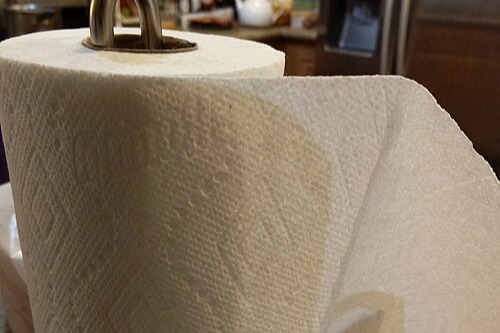
Paper towels were invented as a sanitary alternative to cloth towels in public restrooms. But Americans adopted them for everything—cleaning, drying, napkins, even makeshift plates. It was a convenience hack that became a household staple. Now, it’s hard to imagine a kitchen without them.
In many countries, reusable cloths are the norm. But in the U.S., paper towels are king. It’s wasteful, maybe—but undeniably convenient.
This post 9 American Habits That Started as Hacks—But Became National Norms was first published on American Charm.


